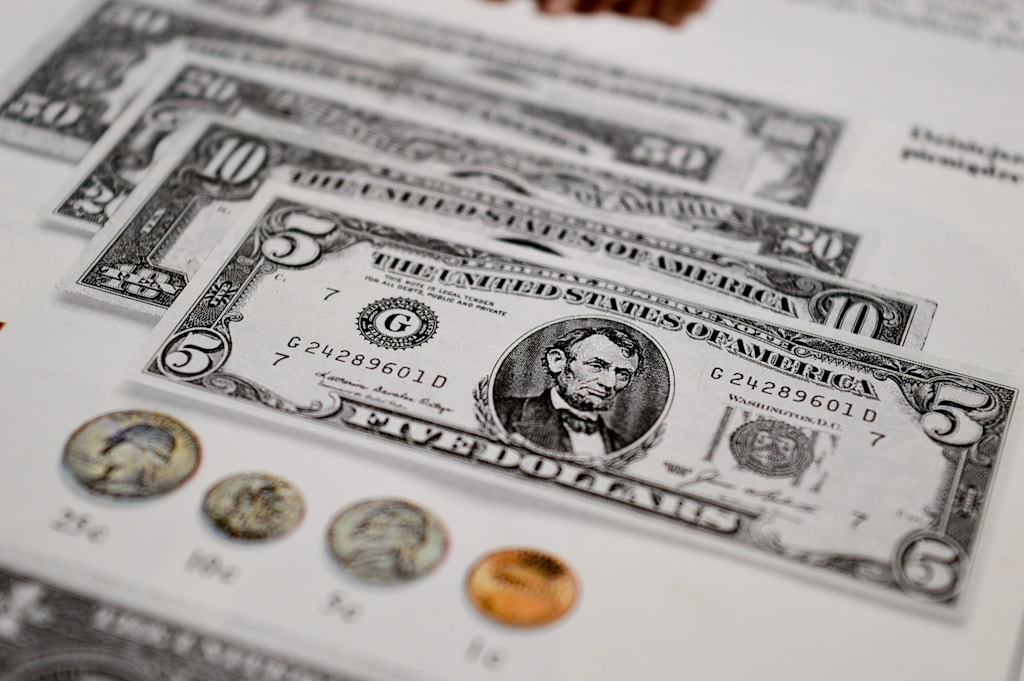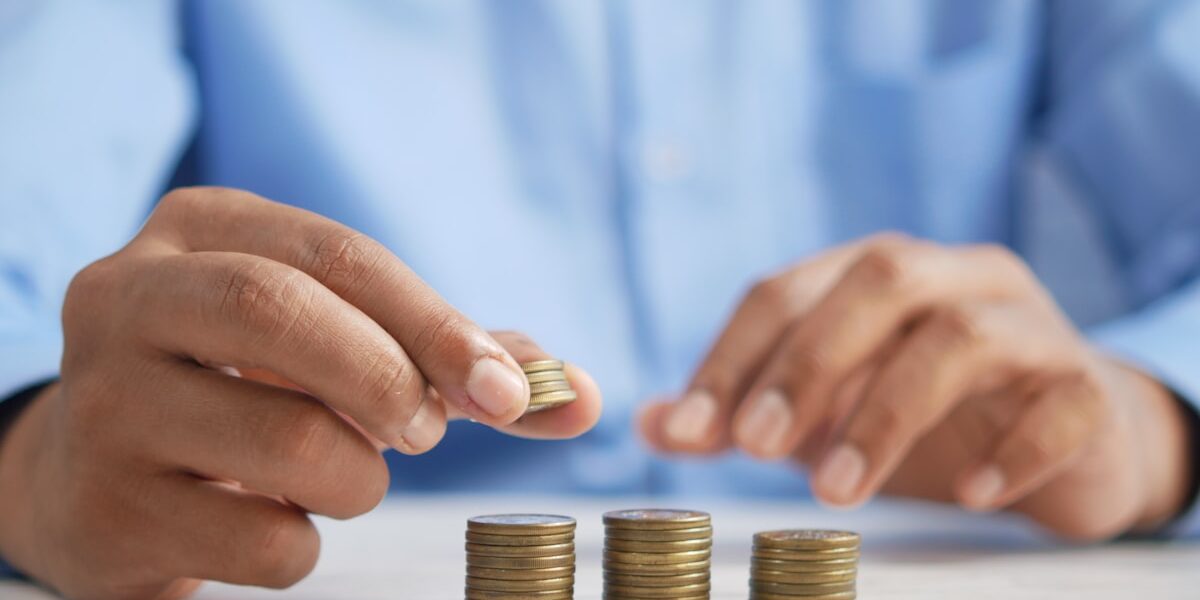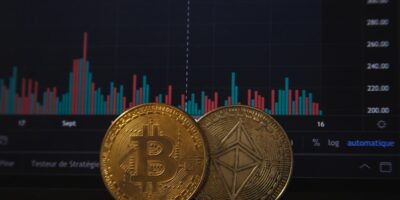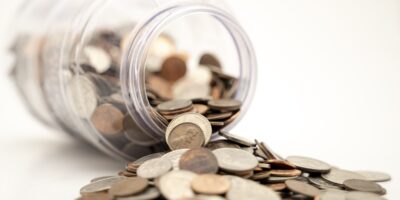Understanding the Coin Market
The coin market is vast and varied. It includes ancient coins, modern bullion, and everything in between. Collectors and investors approach this market with different goals. Some people are interested in the historical value of coins. Others seek financial investment opportunities. Knowing your own goals is key to navigating the coin-buying landscape.

Types of Coins
Coins broadly fall into two categories: collectible coins and bullion coins. Collectible coins, or numismatic coins, hold value based on rarity, demand, and historical significance. Bullion coins, like Gold Eagles or Canadian Maple Leafs, derive value from the metal they contain.
Collectible Coins
Many collectors focus on acquiring coins with historical significance or minting errors. Such coins often appreciate over time. Key dates, mint marks, and unique features make these coins highly sought after. For example, a 1909 V.D.B. Lincoln Penny might be more valuable if it carries a “S” mint mark. The market value fluctuates based on condition, rarity, and demand. Many collectors use a grading system to assess quality. The Sheldon Scale is the industry standard, ranging from Poor (P-1) to Perfect Mint State (MS-70).
Bullion Coins
Bullion coins are valued by their metal content. Common metals include gold, silver, platinum, and palladium. Market prices of these metals affect the coin’s value. Governments mint bullion coins, offering a weight and purity guarantee. Each coin carries a small premium over the metal’s market price. This added cost reflects minting expenses and dealer profit. When investing in bullion, keep an eye on spot prices. They change based on supply, demand, and geopolitical factors.
Sourcing Coins
Coins are available from various sources. Each has pros and cons. Key sources include coin dealers, online platforms, auctions, and coin shows.
Coin Dealers
Established coin dealers offer expertise and authenticity guarantees. They might charge more than private sellers. However, their trustworthiness and knowledge make them invaluable resources. Some dealers focus on specific types of coins, such as ancient or international ones.
Online Platforms
Websites like eBay and Heritage Auctions offer a wide array of coins. Buyers can compare prices and access coins from around the world. However, due diligence is crucial. Verify seller ratings and check previous buyer feedback. Online shopping benefits from wide selections, but risks include counterfeit coins and inaccurate descriptions.
Auctions
Auction houses frequently showcase rare coins. Participating in auctions can help secure uncommon finds. Research each house’s reputation and auction terms beforehand. Auction prices can sometimes rise unexpectedly, impacting your budget.
Coin Shows
These events provide interaction with numerous sellers in one place. Coin shows are excellent for hands-on evaluations and negotiations. Meeting other enthusiasts can also offer valuable insights. Prepare before attending by knowing market values and setting a budget.
The Art of Negotiation
Effective negotiation is crucial in coin trading. Knowledge and preparation empower buyers and enhance bargaining power. Start by understanding the coin’s market value and condition. Sellers respect informed consumers. Be polite but firm, and know when to walk away. Timing your purchase also affects pricing. Off-season periods might yield better deals.
Storing and Protecting Coins
Protecting your investment is vital. Coins are susceptible to environmental damage. Proper storage maintains condition and value.
Storage Solutions
Coin albums, holders, and cases are popular storage options. They protect against scratches and handling damage. Individual holders reduce oxidation and moisture exposure. For high value coins, consider third-party vault storage services for added security.
Climate Considerations
Store coins in a cool, dry environment. Excessive heat or humidity accelerates deterioration. Ensure that the storage area maintains stable temperature and humidity levels.
Insurance
Supplement your security measures with insurance. Consult with a trusted insurance provider. Coverage can protect against theft, loss, or unforeseen disasters. Evaluate the policy terms carefully to match your needs.
Selling Coins
Selling involves understanding the market and setting realistic expectations.
Evaluating Coins
Assess the coin’s condition and rarity before setting a price. Online resources and professional appraisers provide guidance. Grading services like PCGS or NGC can offer certified evaluations. A third-party grade often increases buyer confidence.
Identifying the Right Market
Determine the best platform for sale. Auction houses work well for rare coins. Online marketplaces like eBay reach a broad audience. Coin dealers provide a straightforward selling process but might offer lower prices due to resale needs.
Presentation and Description
Effective presentation maximizes sales opportunities. High-quality images and detailed descriptions are essential. Highlight unique features and any certifications. Be honest about defects to maintain credibility with buyers.
Understanding Market Trends
Coin values are subject to wider market forces. Follow economic indicators and geopolitical developments. These elements influence precious metal prices and, consequently, bullion coins.
Numismatic coin prices follow collector interest and historical research. Some coins fluctuate with discovery of new hoards or archaeological findings. Staying informed helps align buying and selling strategies with market dynamics.
Legal Considerations
Understand the legal aspects of buying and selling coins. Tax implications and international laws might affect transactions. In some countries, trading coins involves customs and declaration regulations.
Consult legal and tax advisors to ensure compliance. Knowledge in this area helps avoid legal headaches and optimize financial outcomes. In some regions, selling collectibles requires paying capital gains tax.
Resources and Continued Learning
Stay abreast of changes in the market through books, forums, and publications. Engaging with other collectors provides real-world insights only experience can offer. Online communities like CoinTalk or PCGS forums facilitate discussion and learning.
Regularly attending coin shows and auctions sharpens your appraisal skills. Memberships in organizations like the American Numismatic Association grant access to expert knowledge and networking opportunities.
“`
Recommended Collecting Supplies
Coin Collection Book Holder Album – $9.99
312 pockets for coins of all sizes.
20x Magnifier Jewelry Loupe – $13.99
Essential tool for examining coins and stamps.
As an Amazon Associate, we earn from qualifying purchases.




Subscribe for Updates
Get the latest articles delivered to your inbox.
We respect your privacy. Unsubscribe anytime.